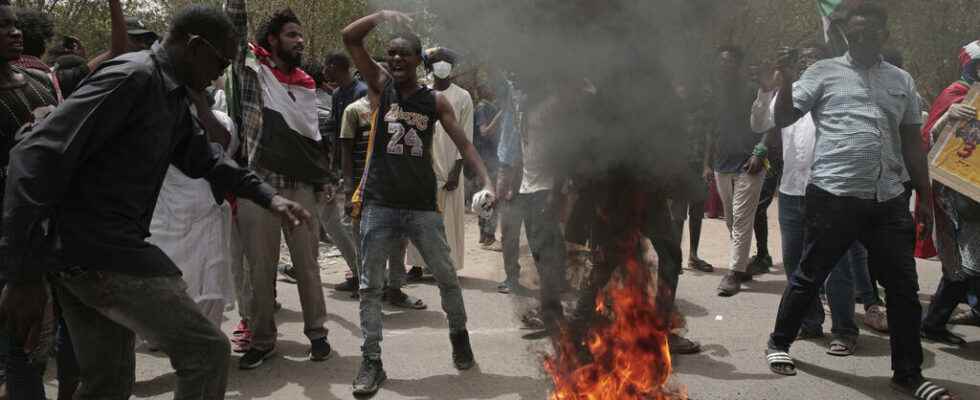In Sudan, a new round of talks between military and civilians was to be held on Sunday in an attempt to end the political stalemate. But those talks have been postponed indefinitely. For analyst Roland Marchal, the lack of trust between stakeholders in the discussions undermines any discussion.
In Sudan, a new round of talks between military and civilians was to be held yesterday, Sunday June 12, under the aegis of the UN, AU and IGAD, in an attempt to end the impasse Politics. But these talks were postponed indefinitely after the defection of a large civilian bloc, represented by the Forces for Freedom and Change (FLC), spearheading the revolt against Omar el-Bashir.
” The tripartite mediation, that is to say IGAD, the regional organization, the AU and the United Nations wanted to bring all the civilian forces and the military forces around the table », explains Roland Marchal, researcher at the CNRS, based at Sciences Po Paris, reached by telephone by Pierre Firtion of the Africa editorial staff.
At the weekend there was a “informal” meeting between the Forces of Freedom and Change (FLC) and a military delegation. A meeting to recall their demands, said the FLC, but which has caused trouble among the forces opposed to the October 25 coup. Their allies in the revolutionary forces reminded them that they were categorically opposed to any compromise with the military.
How to trust the military?
” The junta’s strategy, which nevertheless seems to have been generally followed by the international mediators or facilitators, is to end up in a situation where the civilians obviously will never be able to agree, continues Roland Marchal, and therefore the military will appear to be above the rest, capable of leading the country as they have done. »
A strategy reinforced by the fact that “ in the civil forces there are more and more groups that are the heirs of the Omar al-Bashir regime ». The Sudanese pro-democracy movements are worried about a possible return to the old regime of the time of Omar al-Bashir and the return to politics or administration figures of the NCP, the party of the former president.
“ So there is both a political game on how… to trust the military: they raised emergency state but in fact there are still many prisoners; and so in a way we are in a situation where the lack of trust fundamentally and in essence undermines any discussion process. »
► Read also : What is the purpose of lifting the state of emergency in Sudan?
